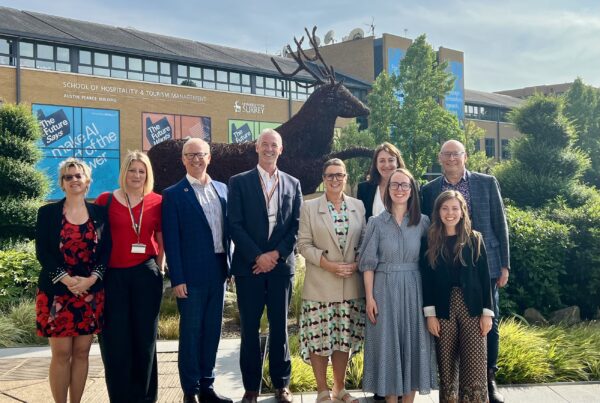Time to rewrite the university business model
Public funding for higher education globally has almost certainly peaked as budget repair becomes widespread. The escape valve of endlessly increasing international student fee revenue might be closed permanently in Australia.
Once that business model becomes redundant, universities will be left with a long-term research funding challenge. Overoptimistic policies to replace lost revenue with the proceeds of research commercialisation will do little to resolve it.
The desire to expand research quality and reputation, which underpins the research-teaching nexus, is something most vice-chancellors appear reluctant to forgo. But the extent to which it can remain consistent with other areas of priority is open to question.
However, new revenue streams and business models will be needed. Income from teaching will likely continue to cross-subsidise research, while also juggling the increasing pressure and focus on the student experience.
Commercialisation and philanthropy will also gain increasing attention. It is difficult to imagine a situation where they would not. But it is equally difficult to imagine universities will find complete solutions to financial challenges by finding investors or benefactors willing to take all the risk, or make all the investment, in all areas that universities undertake research into.
In a new book The New Leadership Agenda, several university leaders were interviewed on this challenge to funding. They present a dialogue focused on the need for closer university and business ties and for new models of industry engagement.
Professor Aleks Subic, now vice-chancellor of Aston University in the UK, talked about the importance of collaboration with industry for universities to remain current. They also need to stave off the threat of companies developing their own education offerings. The importance of “bringing the outside in” was central to how he saw the unique role universities held as a catalyst and major driver for innovation.
David Lloyd, vice-chancellor of the University of South Australia, also highlighted the theme of multinational partnerships reflecting on his time as a researcher at IBM. He shared how that experience allowed him to capitalise on some of their tools for innovation and staff engagement within his university.
Links to business
Like Subic, Lloyd identified the relevance to universities of keeping pace with skills that employers need from graduates. Partnering with Accenture he has delivered an innovation academy which will deliver a degree in digital business. Packaging credentialled programs, linking universities with business in a seamless and finessed way, is likely to be a future focus for many institutions. The challenge is to deliver a university without walls. Doing so elegantly will be a hallmark of tomorrow’s innovative universities.
Geraldine Mackenzie, vice-chancellor at the University of Southern Queensland, says universities need to identify flagships for innovation and organisational development. For USQ, these are space, defence, health, agriculture and regional development. They are pan-university objectives which provide opportunity for both the transformation and the translation of research.
Alex Zelinsky, vice-chancellor of the University of Newcastle, also places much store in community engagement. This means working with the Hunter region as it transitions its economy towards a low-carbon future. Zelinsky says pressure to commercialise the IP will not make up for the significant loss of revenue from the decline in international student enrolments.
Globally commercialisation of IP amounts to a maximum of 5 per cent of total income for universities. He sees new revenue coming from educating the workforce of tomorrow. By directing attention to the 90 per cent of businesses in Australia which are SMEs and what they need in terms of skills and research can position universities for success, Zelinksy says.
The lessons from the many interviews conducted with leaders on research and external engagement point to much closer relationships, collaboration between universities, industry, government and communities. Universities need to find new and compelling ways in which these relationships can value-add for all partners.
Connecting the need for job readiness in graduates and lifelong learning with knowledge development and exchange is likely to form a substantial part of the conversation in the months ahead on a new accord for universities.
Developing successful partnerships and precincts will demand skills in business development, entrepreneurship and innovation to an even greater extent than has been seen hitherto. New leaders may come from industry and business development into university executive roles rather than from university researchers having a go.
First published in the Australian Financial Review on 14th November 2022.
Emeritus Professor Martin Betts, Co-Founder of HEDx
Professor Guy Littlefair is pro vice-chancellor (international) at Auckland University of Technology.









